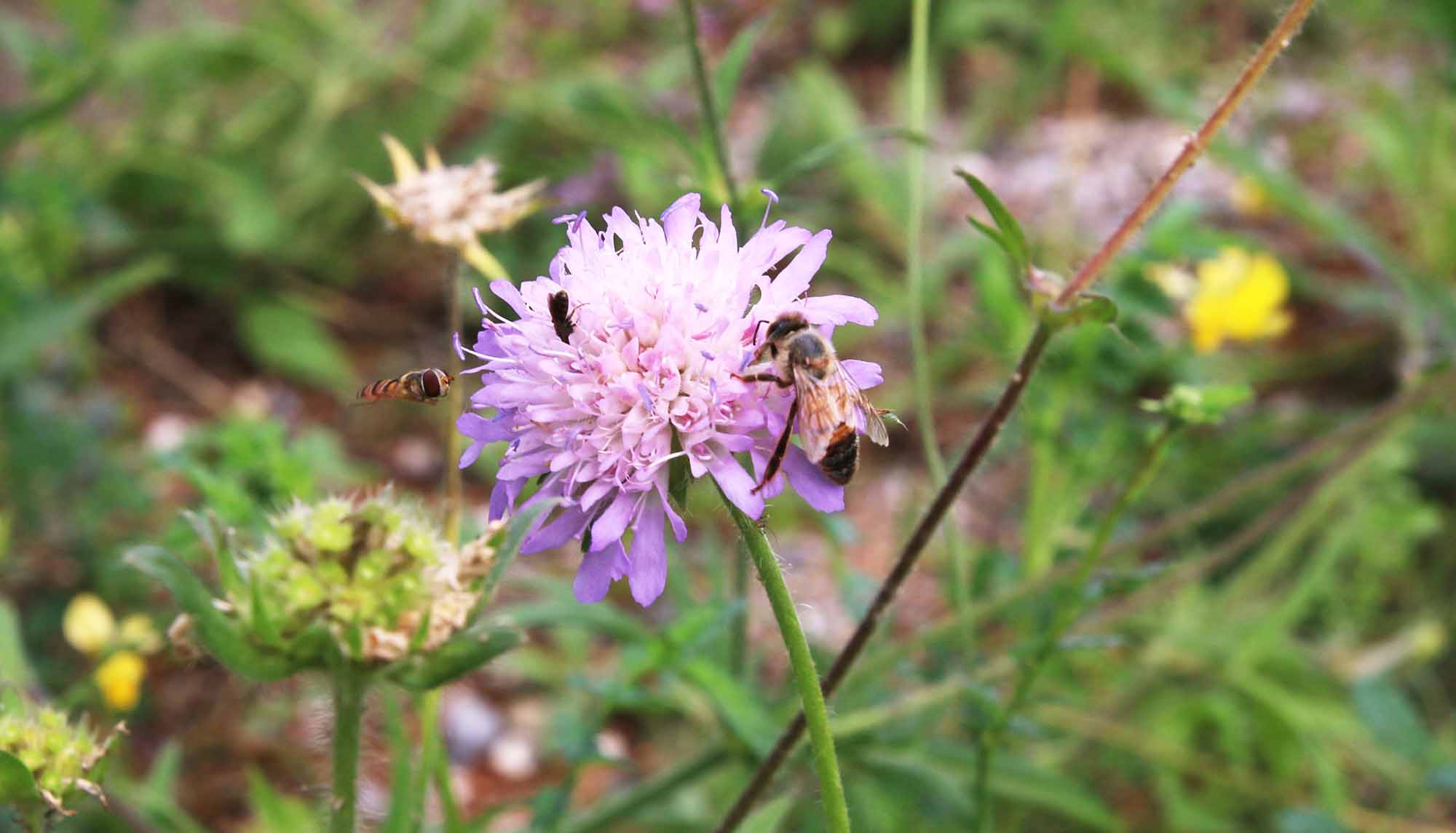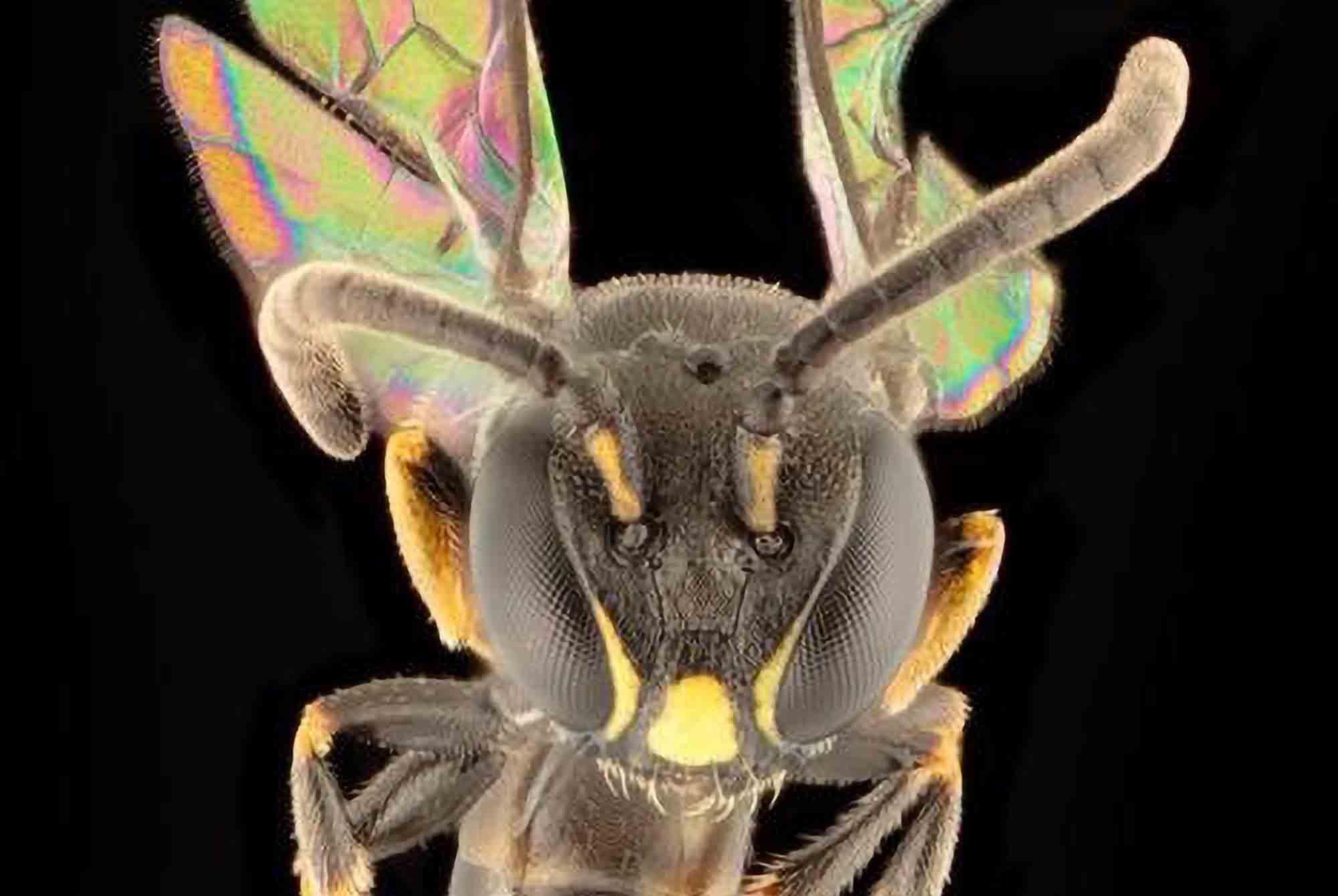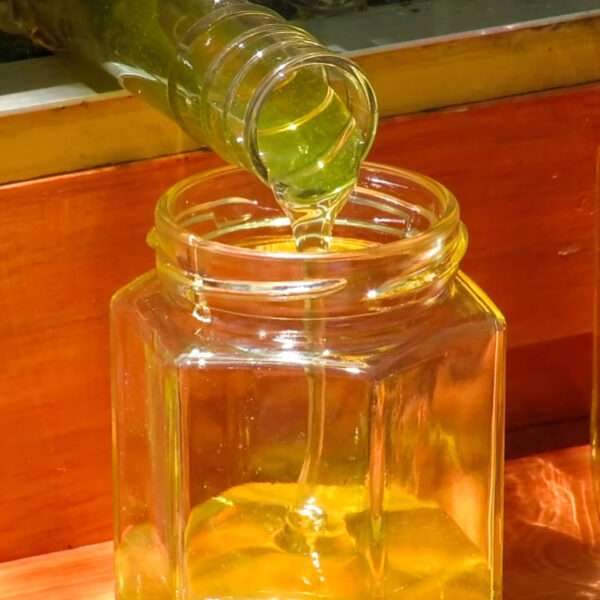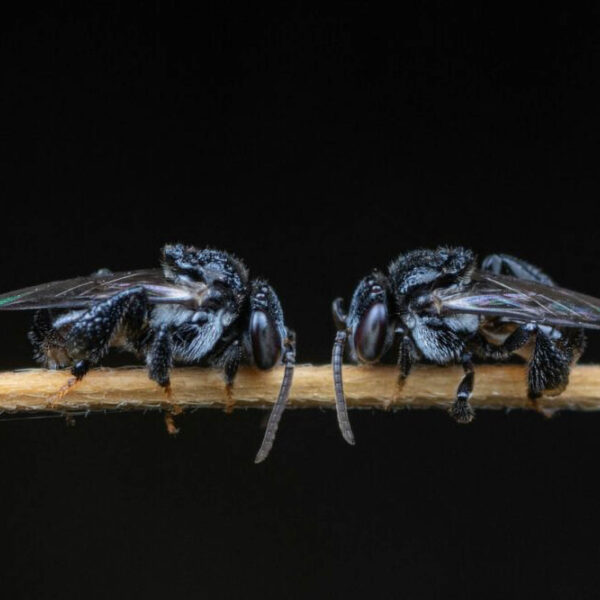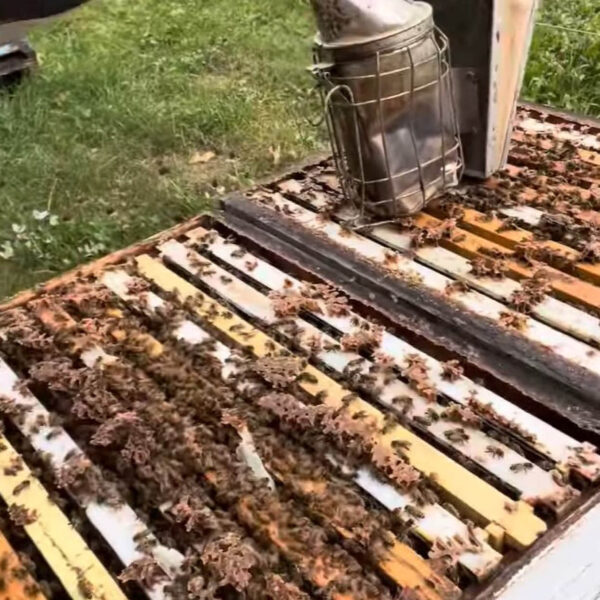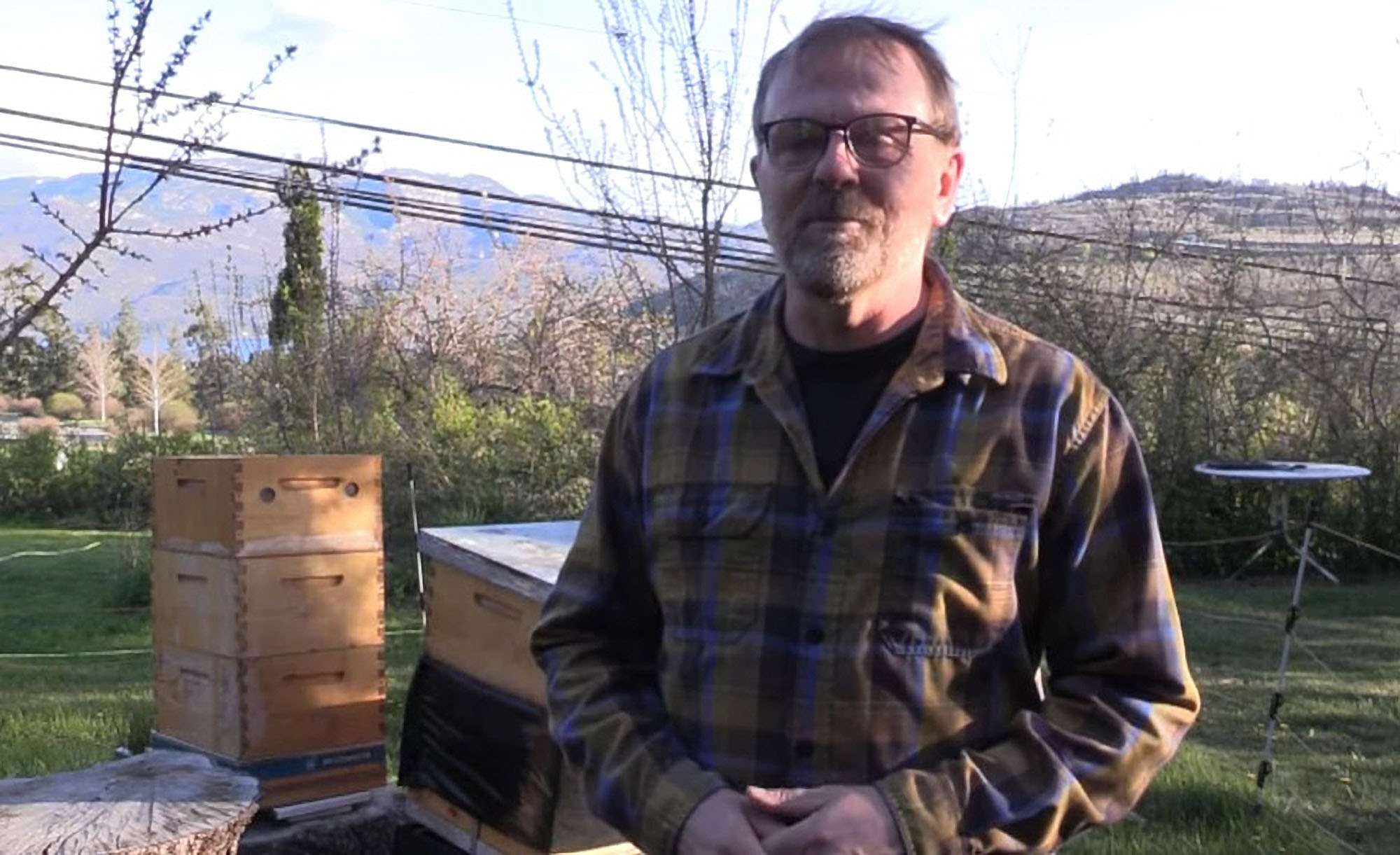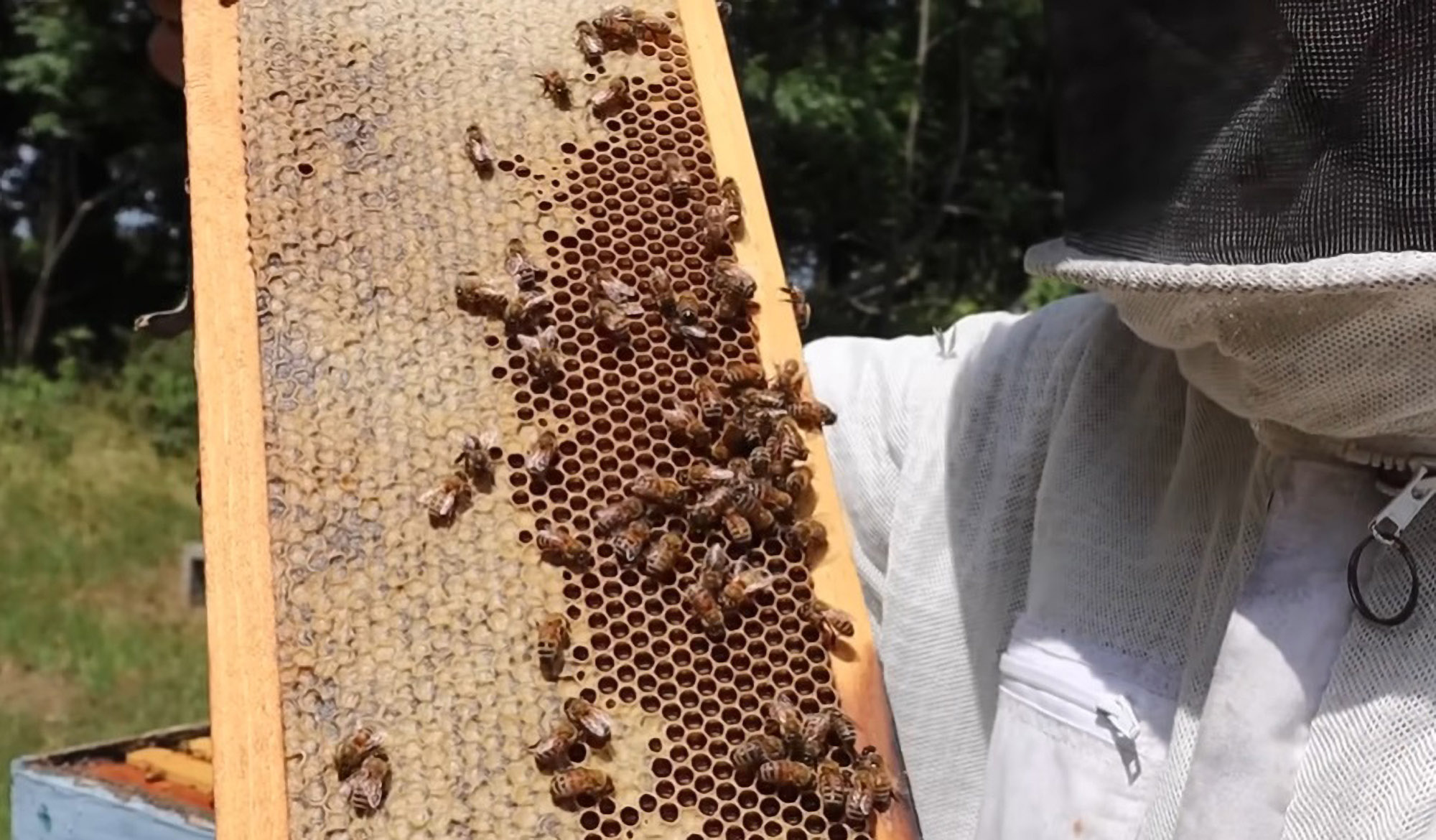Environmentalists have been accused of “ignoring facts” by claiming that apiculture would endanger the existence of solitary bees.
For years, numerous respected organisations have criticised the lack of support for the hundreds of solitary pollinators that exist in Central Europe.
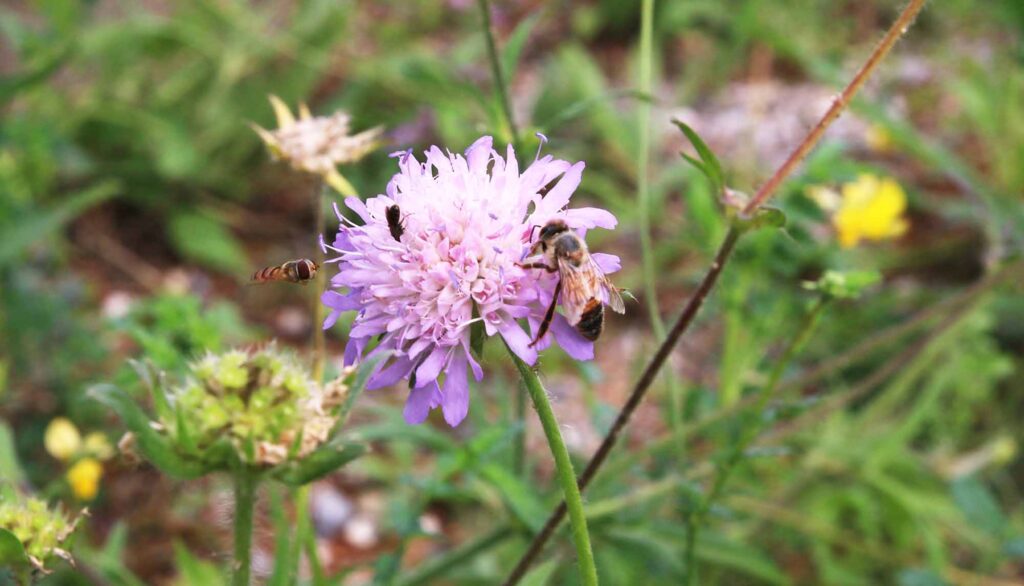
Examining the situation of the 700 bee species that live in Austria, the country’s Greenpeace branch branded the application of pesticides in monocultural agriculture as “the true killer of bees.”
Greenpeace also highlighted the reduction of habitats and claimed: “Honeybees are not as badly affected as wild bees. They can reproduce thanks to beekeepers’ breeding and caring efforts.”
Now Janine Fritsch from the German Union of Professional Beekeepers has hit back by accusing nature protection NGOs of claiming that honeybees would “push out” solitary species “based on indicators” instead of accepting the fact that there was “no crystal-clear scientific proof.”
The biologist, who pointed the finger at the renowned German Wild Animal Foundation (Deutsche Wildtier Stiftung), added: “They are ignoring simple facts.”
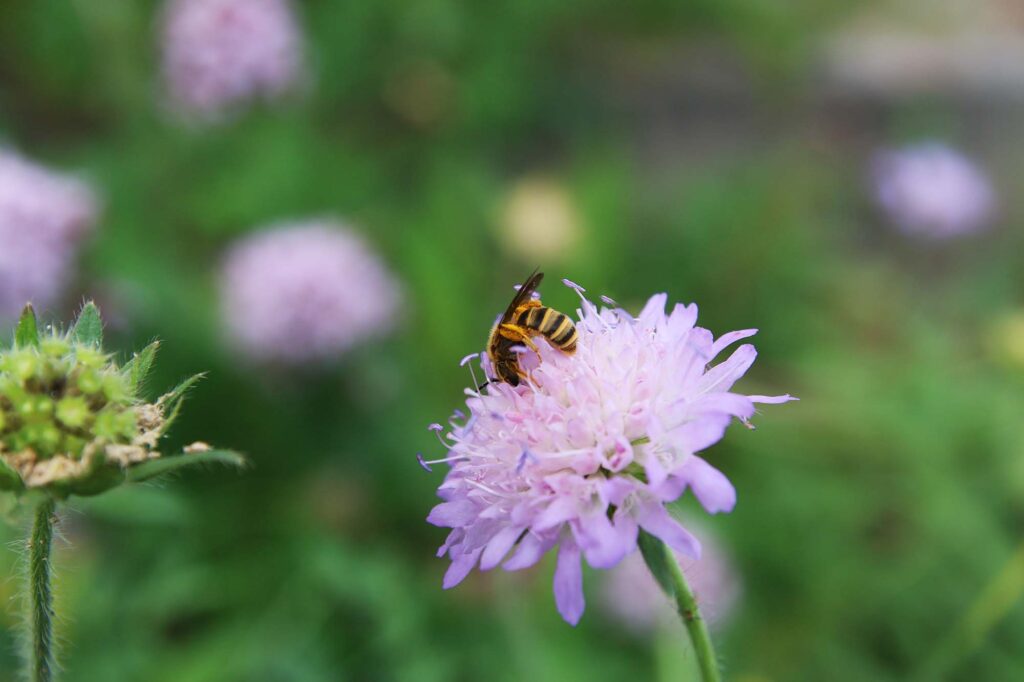
Fritsch argued: “Solitary bees and honeybees have developed in coexistence for millions of years. They have developed different survival strategies. Both are still alive.”
On its website, Greenpeace Austria underlined that the number of honeybee colonies was rising in Austria. The organisation deplored: “Wild bees don’t benefit in any way. The general extinction of insects still is dramatic.”
In an essay provided to media outlets, Fritsch reacted by saying: “Honeybees kept by apiarists remain a wild animal which existed long before the start of beekeeping.
“It is true that honeybees can spread pathogens on blossoms. This has happened for thousands of years because insects and blooms have developed in coevolution.”
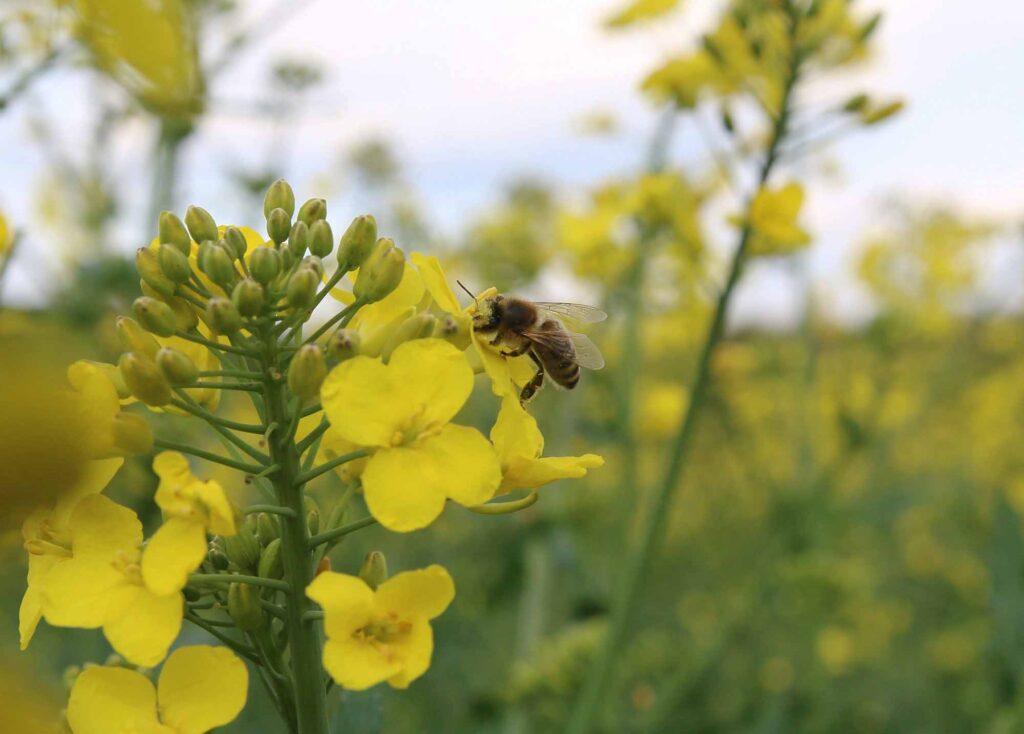
The Bee News reached out to Fritsch for comment.
The German Union of Professional Beekeepers has around 4,500 members. The organisation has campaigned for stricter regulations regarding the labelling of honey and higher subsidies for beekeepers.

